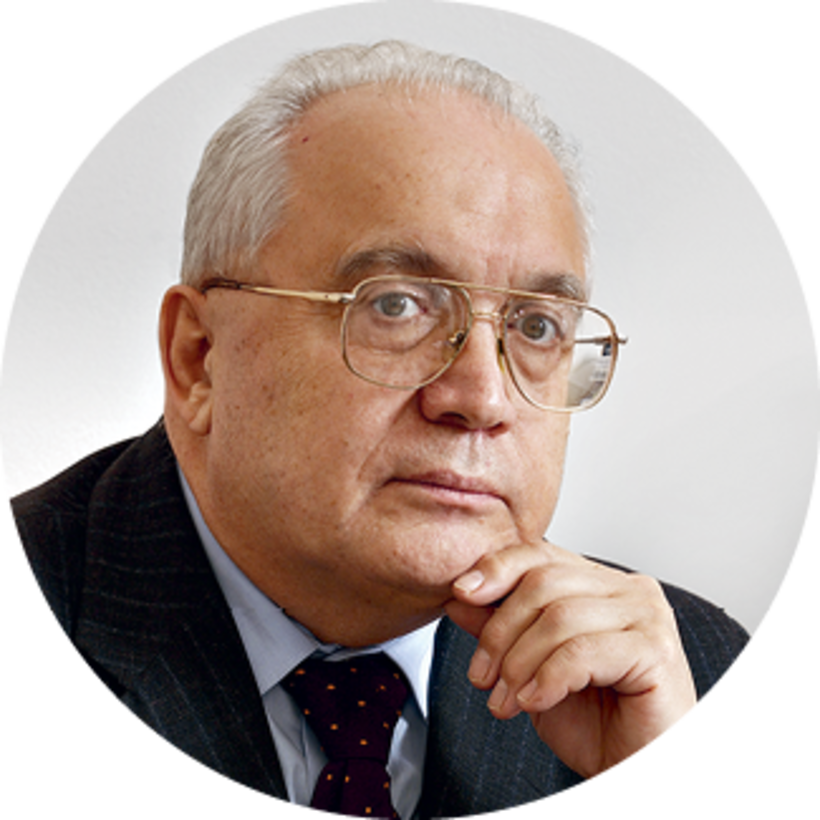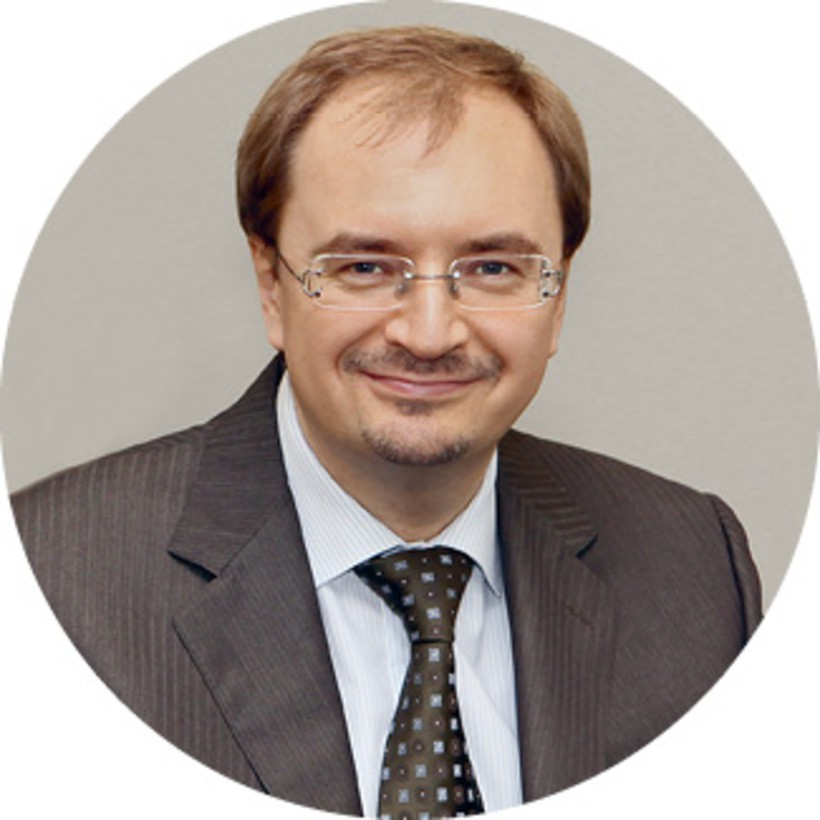From Russia with a Degree
Russians are well accustomed to having ‘two capitals’ – Moscow and Saint Petersburg. By the same token, Lomonosov Moscow State University (MSU) and Saint Petersburg State University (SPbU) enjoy a special status in the country. These friends and rivals embody Russia’s higher education system, with all of its pluses and minuses. BRICS Business Magazine asked the rectors of both universities the same questions – about international rankings, their institution’s place in the world, and where they are heading.
 Victor Sadovnichy
Victor Sadovnichy
Rector of Lomonosov Moscow
State Univercity, Academician of the Russian Academy of Sciences
Rankings
International university rankings attract more and more attention every year. Regrettably, many people tend to put too much stock in them, often overestimating their importance. First of all, one should bear in mind that most well-known international ranking systems have been specifically designed for the Anglo-Saxon education model, which is different from our own. It is equally significant that there are very few representatives of our country among the experts who rank universities around the world.
One could say that Moscow State University occupies a respectable place in international rankings, being the only Russian academic insti-tution to be included in an overall top 100 – an objective that Russia’s other leading universities currently have in their sights. Nevertheless, all experts – including those from abroad – are perfectly aware of the fact that the regularly published agency rankings are not always in line with informal rankings, in which the Russian education system in general, and Moscow University in particular, enjoy the high standing that they deserve.
Development
Professors always play a decisive role in the development of any university. But today faculty have to be able to meet specific requirements. Thus many professors at MSU are famous scientists with a high citation index. They head up scientific schools and train world-class specialists. The university now has its own ‘2020 Development Program.’ Based on this we are conducting space research, launching university satellites, increasing the power of our supercomputer, conducting comprehensive interdisciplinary research at our Institute for Human Sciences, and working with biotechnologies and nanotechnologies and so forth. All of these activities, in priority areas of science and technology, are managed by professors and fellows at the MSU.
Science
The university creates an enabling environment for the development of science both in terms of its fundamental aspects and its practical application. An important factor in scientific development is its multidisciplinary nature. In recent years more and more breakthrough research has been conducted at the junction of various sciences. In this respect a classical university, which by definition deals with both natural and humanitarian sciences, is the perfect place not only to successfully develop sciences, but also to find innovative ways to apply them.
 Nikolay Kropachev
Nikolay Kropachev
Rector of Saint Petersburg State University, professor, doctor of law
Situation
The modern university, being the leading ‘expert center,’ is the bedrock of the global education system. It is at universities that new knowledge is forged and honed. And it is there that new ways to convey this knowledge are discovered. This new knowledge shapes graduate and postgraduate education, which in turn affects the entire system. The Russian education system learned a tough lesson in the 20th century, when science was divorced from higher education – the system was separated into academic institutes and universities. Today the situation is changing but it is still far from being ideal.
It is hardly breaking news that success today is defined by an ability to change one’s activities using in-depth knowledge of a subject. This foundation is shaped by academia at the university level.
Rankings
International recognition is important for any university, since it is directly related to the institution’s ability to hire highly qualified staff. In today’s globalized world it is only international recognition that gives universities a chance to appoint truly leading global specialists and, by extension, to attract the most advanced and motivated students. International recognition reflects reputation, so is equally important in raising resources to develop university programs. International rankings are also important in helping to identify areas that the institution’s administration should focus on.
Formally speaking, one can look at the criteria underlying the leading rankings. It is the assessment of these parameters against a specific university that may provide the answer to the question, ‘What to do?’ But each university is free to use its own set of tools. At SPbU we have a clear picture as to what sort of measures are needed in our specific environment. We continue to work on those areas, and are already seeing some tangible results: We were one of only two Russian universities included in all three core international university rankings. We have also shown positive dynamics, being the first Russian academic institution to be included in the Financial Times Masters in Management ranking. However, one should bear in mind that, while any discovery takes only seconds, the preparations take years of hard work. The same principle applies to international recognition and one’s reputation as a whole.
Faculty
There is no doubt that professors play a pivotal role in shaping an institution’s international reputation. Their effectiveness and quality of work lie at the core of any modern university. Close professional contact, co-operation and networking are the attributes of success – in both objective and subjective assessments; hence the requirement that professors must be leading specialists in their respective fields, open to co-operation and committed to their scientific work.
Science
In my view, scientific research and the birth of new knowledge are the key characteristics of a university. On that premise, scientific research determines everything, including international recognition and the university’s professional reputation.










